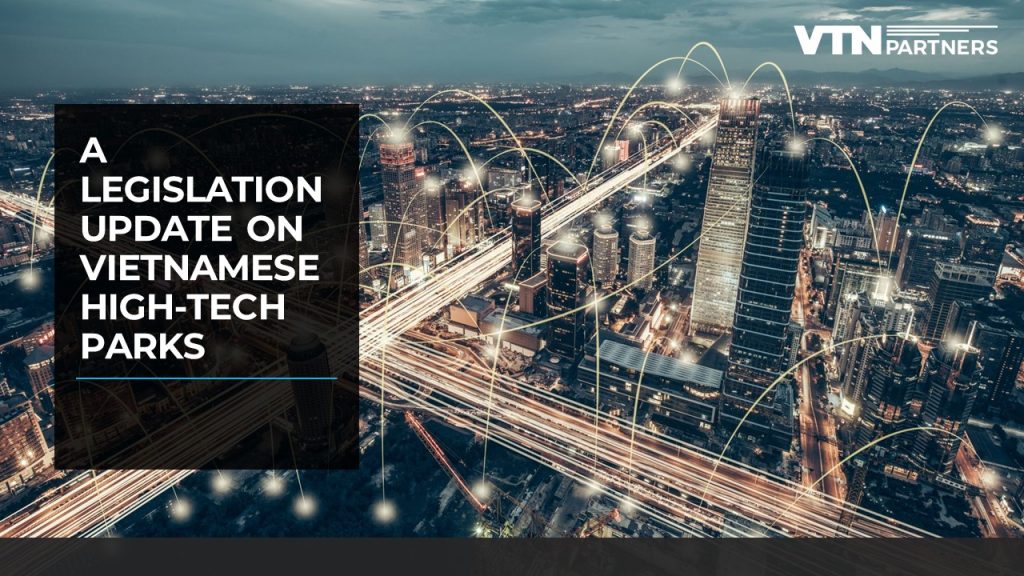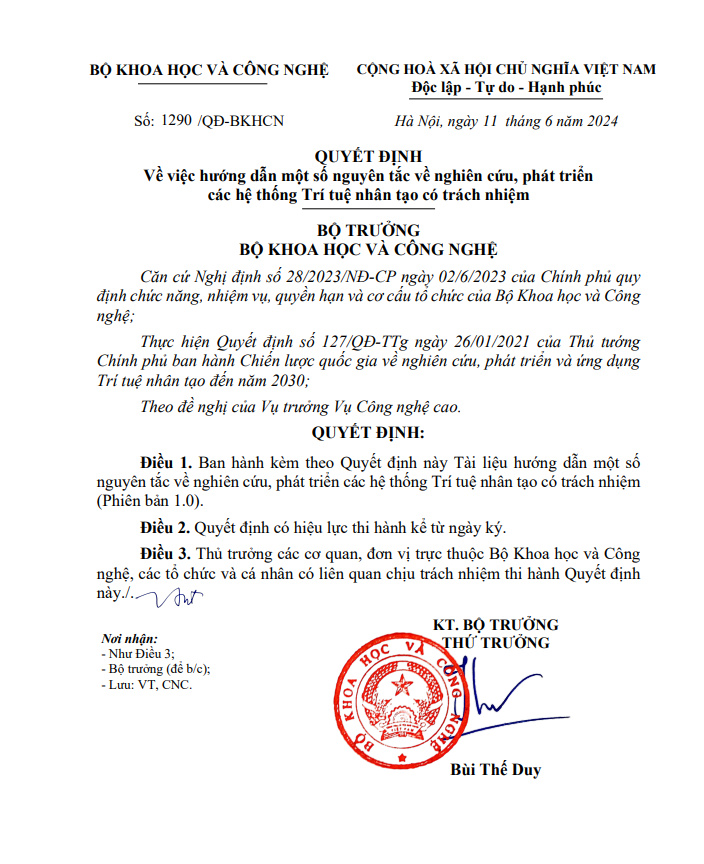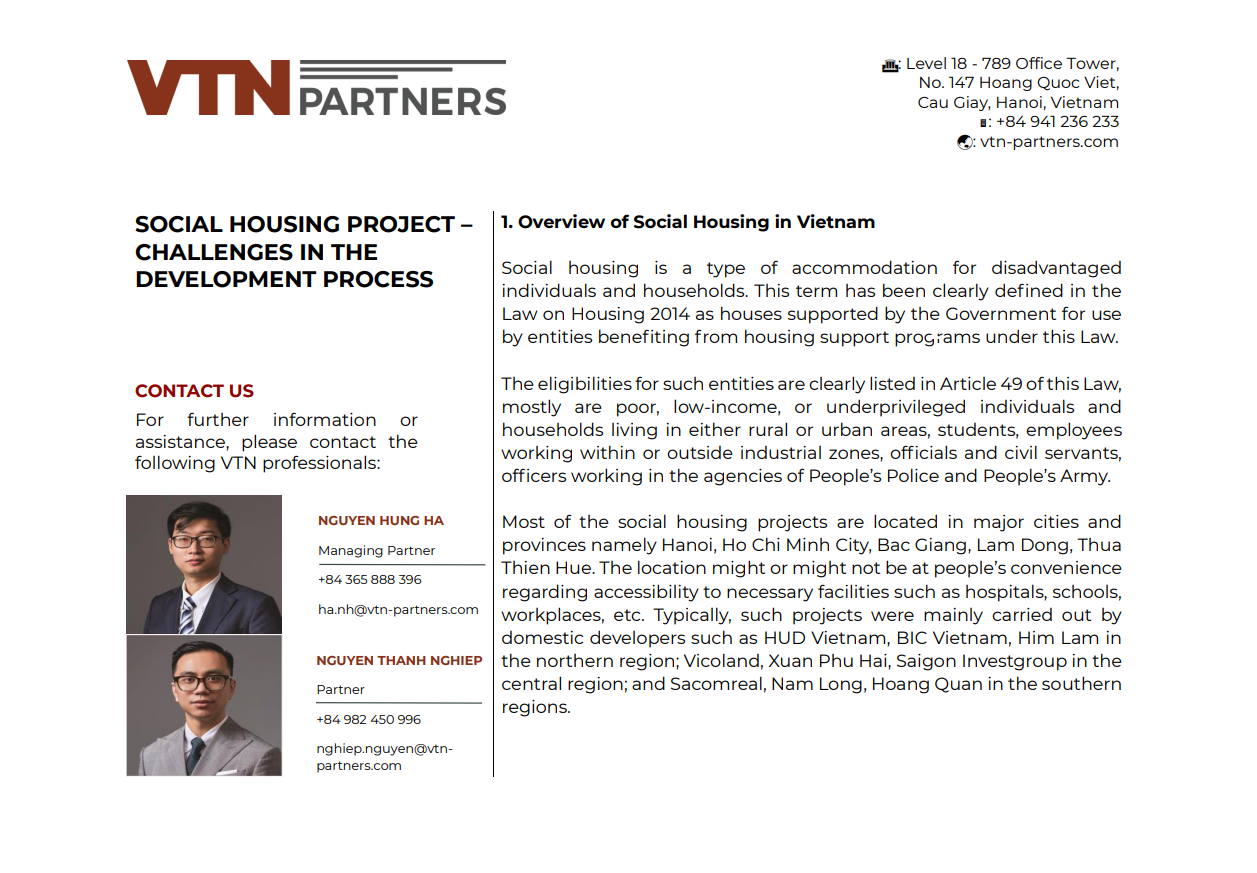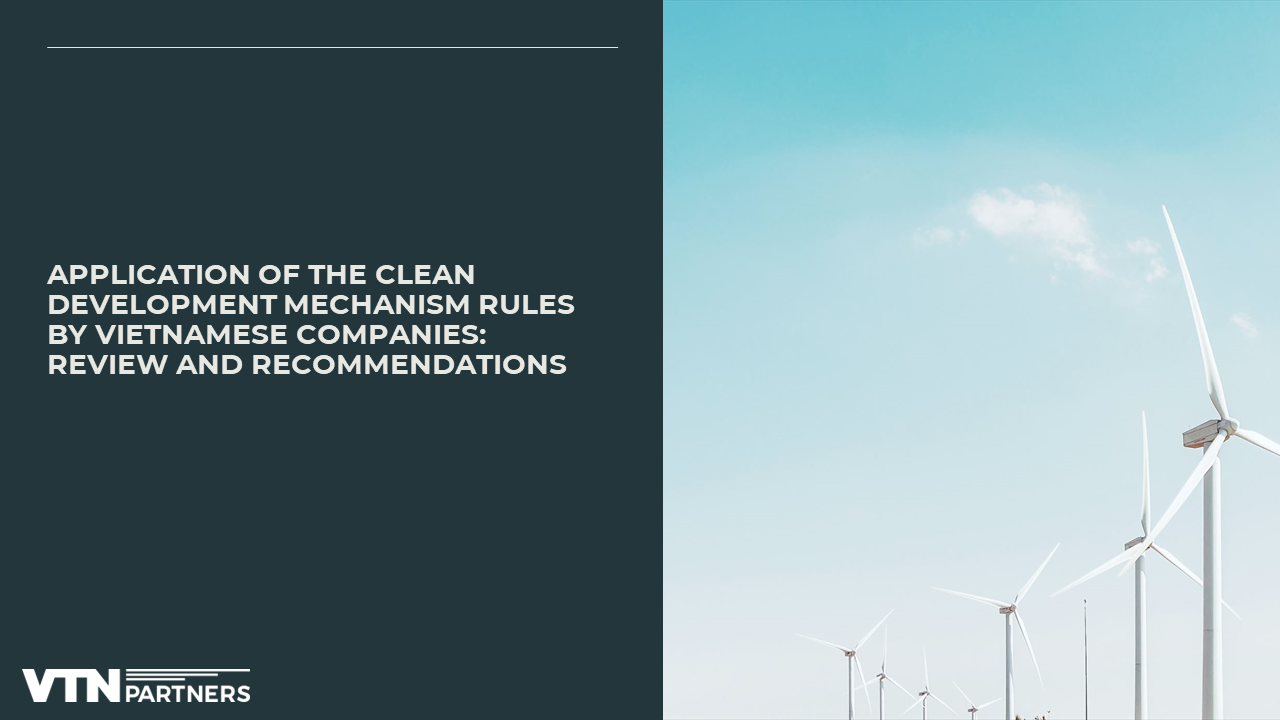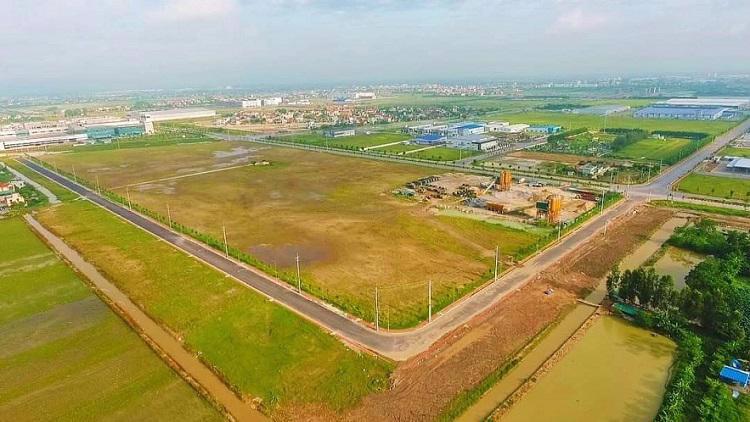Vietnam’s high-tech park landscape has undergone a significant transformation with the issuance of Decree No. 10/2024/ND-CP (“Decree 10“). This Decree, effective from March 25, 2024, aligning existing policies with current legislation on investment, land use, technology transfer, and other relevant areas aims to the operation and management of high-tech parks throughout Vietnam. Additionally, it formalizes existing practices implemented in various high-tech parks, fostering a more unified national approach.
The Rationale for Reform
The establishment of high-tech parks in Vietnam stemmed from a strategic vision to attract foreign technology and skilled personnel. These parks were designed to act as catalysts for domestic research and development (R&D) activities. However, the evolving economic landscape necessitated an update to the existing legal framework, which primarily comprised the Law on High Technologies (2008) and Decree No. 99/2003/ND-CP. Decree 10 bridges this gap by ensuring alignment with current legislation on investment, land use, planning, and technology transfer.
Infrastructure Development: Public-Private Partnership
Recognizing the critical role of robust infrastructure in supporting innovation, Decree 10 actively encourages private sector participation in building and operating technical infrastructure within high-tech parks. This includes offering land rent and ground clearance exemptions for such projects, prioritizing access to government credit and capital mobilization channels, and simplifying administrative procedures. Furthermore, the Decree allows for private investment in social infrastructure projects like housing and recreational facilities through public-private partnerships, social contributions, and voluntary donations. This collaborative approach ensures efficient infrastructure development tailored to the needs of high-tech park workers and residents.
Prioritizing Research and Development
Decree 10 underscores Vietnam’s commitment to fostering a vibrant R&D ecosystem within high-tech parks. The state budget will prioritize funding for the construction of research institutions, advanced laboratories, and training facilities within these zones. The Decree also encourages the utilization of official development assistance, concessional loans, and other funding sources to support R&D activities and empower high-tech enterprises.
Investing in Human Capital
The development of a skilled workforce is paramount for the success of any high-tech ecosystem. Decree 10 acknowledges this by prioritizing investment in programs aimed at training and upskilling the human capital within high-tech parks. This focus on human resource development will ensure that Vietnam can attract and retain top talent in the ever-evolving field of high technology.
Export Processing Enterprises: Simplified Customs Procedures
Export processing enterprises located within high-tech parks are poised to benefit significantly from Decree 10. By meeting specific customs inspection and supervision conditions, these companies can gain access to simplified customs procedures typically enjoyed by enterprises operating in non-tariff zones. This translates to enhanced operational efficiency and increased competitiveness in the global marketplace.
Conclusion
Decree 10 marks a significant step forward for Vietnam’s high-tech sector. By establishing a clear legal framework, offering robust incentives, and prioritizing R&D and human capital development, the Decree paves the way for a more dynamic and competitive high-tech landscape. This innovative approach is expected to attract significant investment, accelerate technological advancements, and ultimately position Vietnam as a key player in the global high-tech arena.
